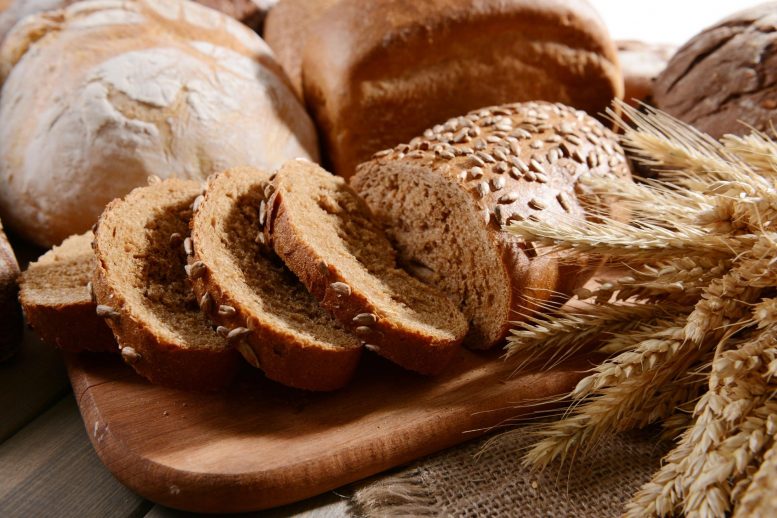
Scientists characterize previously unknown gut reactions.
Strictly speaking, humans cannot digest complex carbohydrates — that’s the job of bacteria in our large intestines. UC Riverside scientists have just discovered a new group of viruses that attack these bacteria.
The viruses, and the way they evade counterattack by their bacterial hosts, are described in a paper published in Cell Reports.
Bacterioides can constitute up to 60% of all the bacteria living in a human’s large intestine, and they’re an important way that people get energy. Without them, we’d have a hard time digesting bread, beans, vegetables, or other favorite foods. Given their significance, it is surprising that scientists know so little about viruses that prey on Bacteroides.
“This is largely unexplored territory,” said microbiologist Patrick Degnan, an assistant professor of microbiology and plant pathology, who led the research.
To find a virus that attacks Bacteroides, Degnan and his team analyzed a collection of bacterial genomes, where viruses can hide for numerous generations until something triggers them to replicate, attack, and leave their host. This viral lifestyle is not without risk as over time mutations could occur that prevent the virus from escaping its host.
On analyzing the genome of Bacteroides vulgatus, Degnan’s team found DNA belonging to a virus they named BV01. However, determining whether the virus is capable of escaping, or re-infecting its host, proved challenging.
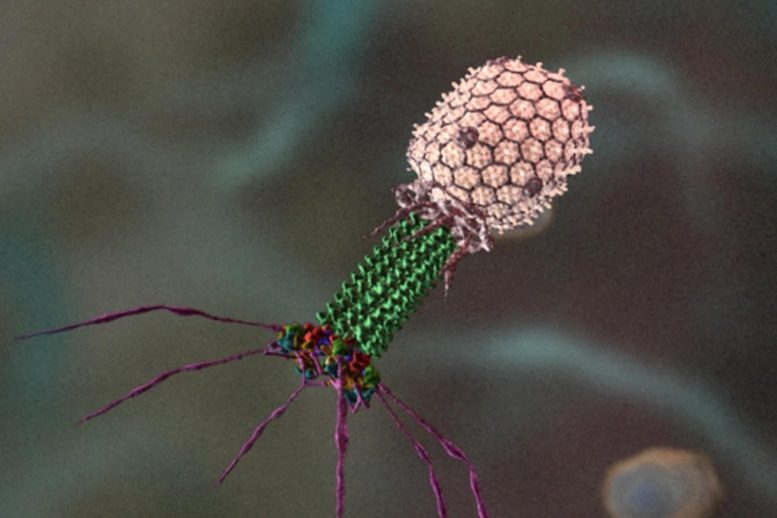
Reconstructed microscopy image of a bacteriophage, which is a virus that attacks bacteria. Credit: Purdue University and Seyet LLC
“We tried every trick we could think of. Nothing in the laboratory worked until we worked with a germ-free mouse model,” Degnan said. “Then, the virus jumped.”
This was possible due to Degnan’s collaboration with UCR colleague, co-author and fellow microbiologist Ansel Hsiao.
This result suggests conditions in mammalian guts act as a trigger for BV01 activity. The finding underscores the importance of both in vitro and in vivo experiments for understanding the biology of microbes.
Looking for more information about the indirect effect of this bacterial virus might have on humans, Degnan’s team determined that when BV01 infects a host cell, it disrupts how that cell normally behaves.
“Over 100 genes change how they get expressed after infection,” Degnan said.
Two of the altered genes that stood out to the researchers are both responsible for deactivating bile acids, which are toxic to microbes. The authors speculate that while this possibly alters the sensitivity of the bacteria to bile acids, it also may influence the ability of the bacteria to be infected by other viruses.
“This virus can go in and change the metabolism of these bacteria in human guts that are so key for our own metabolism,” Degnan said.
Though the full extent of BV01 infection is not yet known, scientists believe viruses that change the abundance and activity of gut bacteria contribute to human health and disease. One area for future studies will involve the effect of diet on BV01 and viruses like it, as certain foods can cause our bodies to release more bile.
Degnan also notes that BV01 is only one of a group of viruses his team identified that function in similar ways. The group, Salyersviridae, is named after famed microbiologist Abigail Salyers whose work on intestinal bacteria furthered the science of antibiotic resistance.
Further research is planned to understand the biology of these viruses.
“It’s been sitting in plain sight, but no one has characterized this important group of viruses that affect what’s in our guts until now,” Degnan said.
Reference: “Infection with Bacteroides Phage BV01 Alters the Host Transcriptome and Bile Acid Metabolism in a Common Human Gut Microbe” by Danielle E. Campbell, Lindsey K. Ly and Jason M. R, 15 September 2020, Cell Reports.
DOI: 10.1016/j.celrep.2020.108142



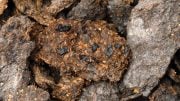
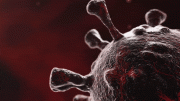
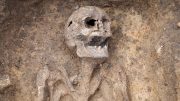



Be the first to comment on "Carb-Eating Bacteria Under Viral Threat: Scientists Discover New Group of Viruses That Attack Bacteria in Our Guts"